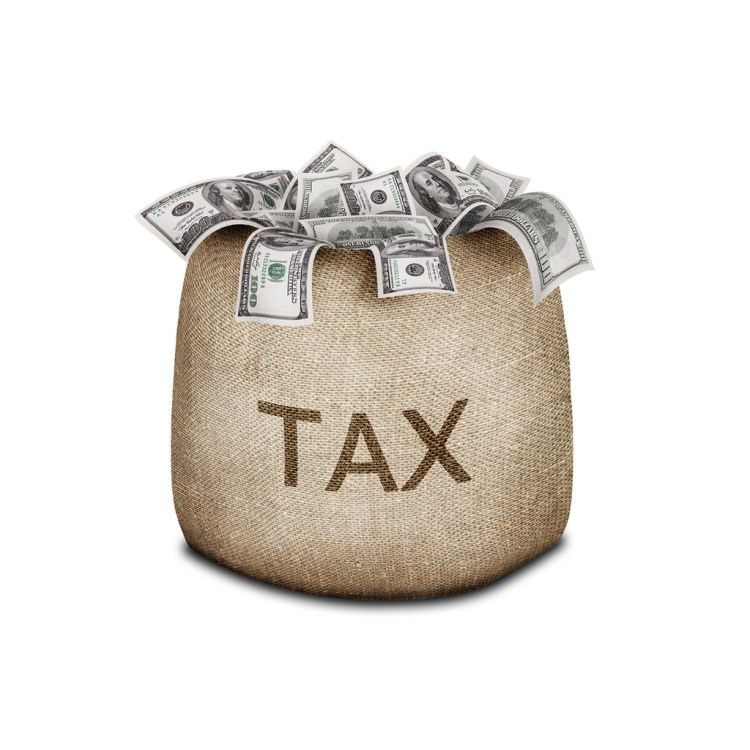The House of Representatives has advanced a bill to permanently ban a tax on Internet access and ecommerce, as the November 1 moratorium deadline looms.
The committee in the House charged with technology, the Judiciary Committee, approved the Permanent Internet Tax Freedom Act that would extend the current federal ban on taxing Internet access.
“If the moratorium is not renewed, the potential tax burden on consumers will be substantial,” said Judiciary chairman Representative Bob Goodlatte.
Unfortunately, arguably the most unproductive and polarized Congress in U.S. history is up for a big midterm election at the end of the year, which has stalled nearly all legislation. To make matters worse, the Senate has been largely in favor of allowing states more leeway in levying taxes on purchases made over the Internet, including Internet access itself.
June 5th: The AI Audit in NYC
Join us next week in NYC to engage with top executive leaders, delving into strategies for auditing AI models to ensure fairness, optimal performance, and ethical compliance across diverse organizations. Secure your attendance for this exclusive invite-only event.
The looming moratorium could give supporters of a more sales tax some negotiating power to find a compromise before the election. For less access tax, more sales tax could be agreed to.
“Already, big telecommunications companies are preparing notices to send out to customers in coming weeks, saying the possibility exists that they will have to start collecting state and local taxes on Internet access soon,” reports the Wall Street Journal.
Brick-and-mortar retailers have partnered with state governments to push through an Internet sales tax, which deprives them of millions in revenue.
Supporters of a sales tax say the Internet no longer needs protection. “Today’s Internet is very different from the Internet of 1998. The Internet is no longer a nascent idea in need of a federal tax protection to grow,” said Rep. John Conyers.
Of course, many users will notice that some retailers already charge taxes for online sales. The current law from the 1992 Supreme Court decision Quill v. North Dakota delcared that companies are exempt so long as they don’t have a “substantial nexus” (presence) in the state. So, companies like Amazon charge California residents sales tax.
As Goodlatte explained in a statement, his proposed legislation “does not address the remote sales tax issue. It merely prevents Internet access taxes.” But, since there’s a looming deadline, the sales tax issue and access tax could be combined into a single grand compromise.
It’s possible for Congress to do something before November, but it doesn’t have a good track record recently.


